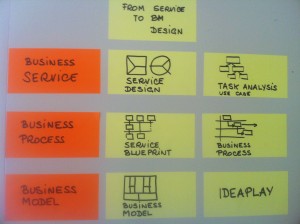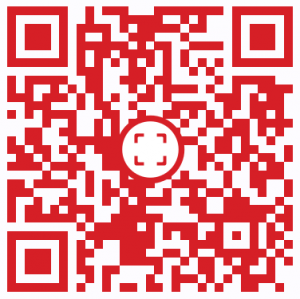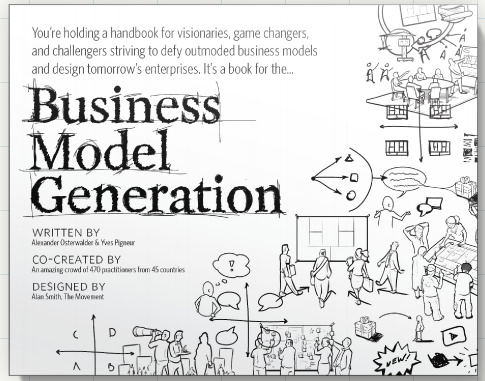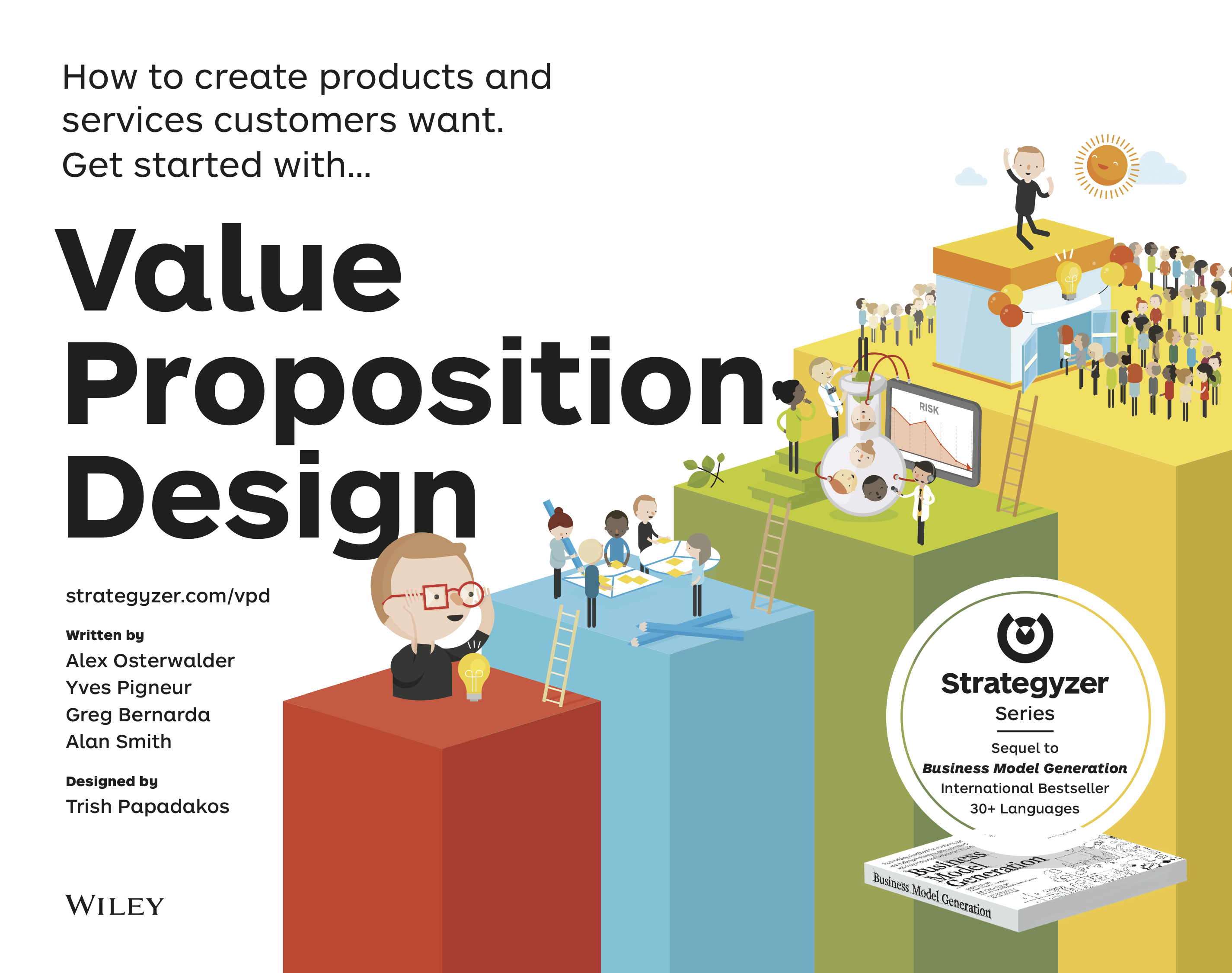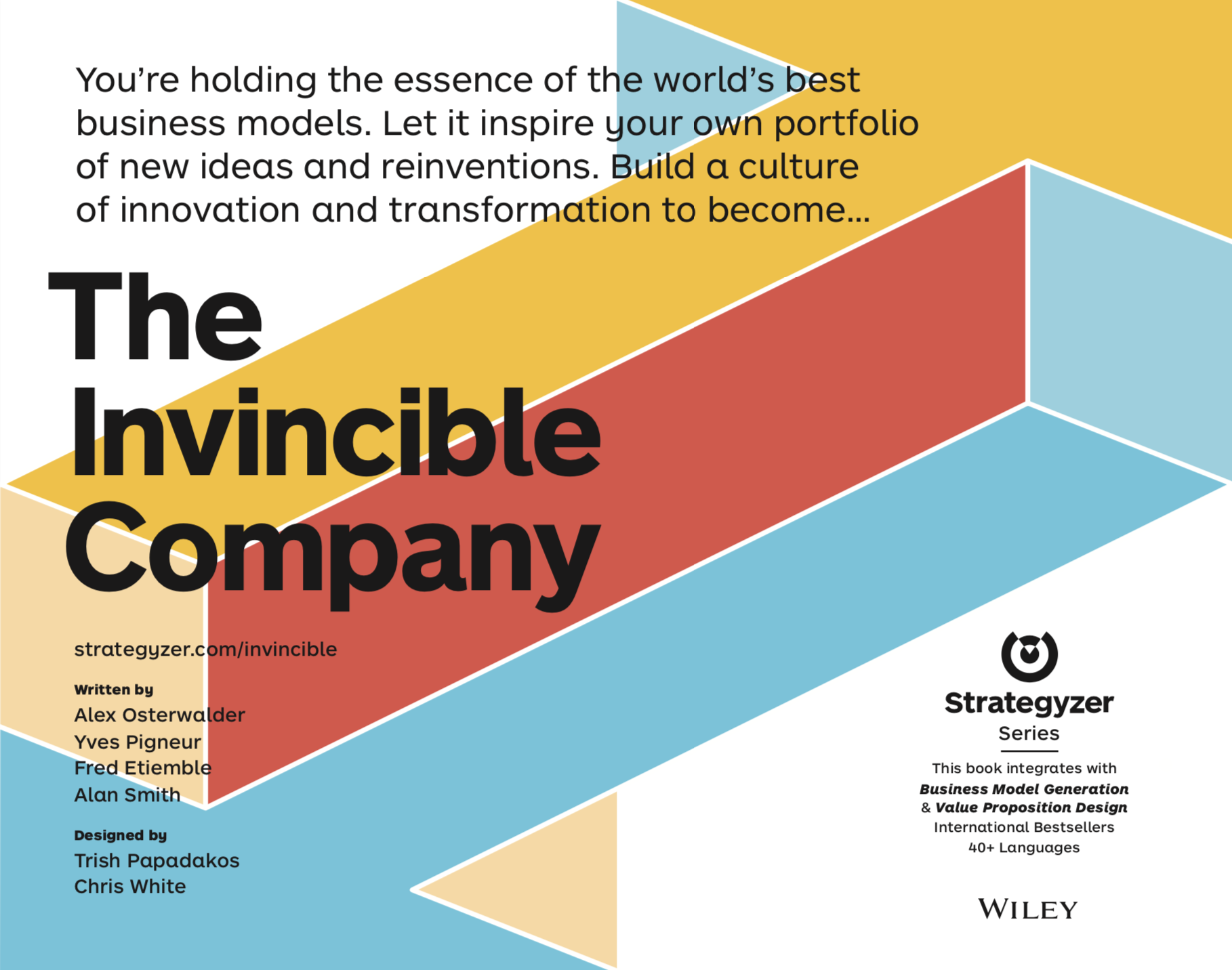Information systems course
The importance of the service economy is widely recognized. New information technology, specially Internet, the social networks and web 2.0, have redefined the ways of conducting business, providing new e-services, new customer experiences, new work practices, and new business models competing in the global market place. This course provides the participants with an understanding of service design, mainly online-service design.
The course integrates principles suggested by the design thinking, applied to business service design. The course introduces concepts, frameworks, and tools for designing new ’front stage’ services, ’back stage’ processes, and business models. Learning will be accomplished through lectures, research, case studies, and group co-design sessions.
Content
Upon completion this course, the participants will have a general understanding of the current state and trends in service design, and be aware of design processes and tools (scenario, storytelling, task analysis, hand-sketching, brainstorming and ideation, mind mapping, process modeling, cognitive walkthrough, and others). More specifically, the participants will be able to use theses design techniques for (a) designing services, (b) re-engineering business processes, and (c) co-creating business models for innovation.
The first part presents the ’front stage’ view of services, and explores techniques for designing services, analyzing the customer tasks, defining use cases and scenarios, prototyping e-services, and defining service quality.
The second part deals with the ’back stage’, and presents tools and models for re-engineering business processes and taking care of service productivity.
The third part illustrates and examines the co-design of business models for improving innovation. This part also deals with service uncertainty and scenario planning.
The course is given in French but the course material is in English. In addition, English-speaking students can ask their questions, and write project papers in English.
References
Suggested readings available on the moodle web site:
Boland, R. & Collopy, F. (2004) Managing as Designing. Stanford Business Books.
Moritz, S. (2005) Service Design – Practical access to an evolving field.
Osterwalder, A. & Pigneur. Y. (2010) Business Model Generation. Wiley
For grading purpose, activities will be issued based on the following scheme: 20% for the class participation & exercices, and 80% for a two-hour written closed-book exam in January (same for the retake in August).

